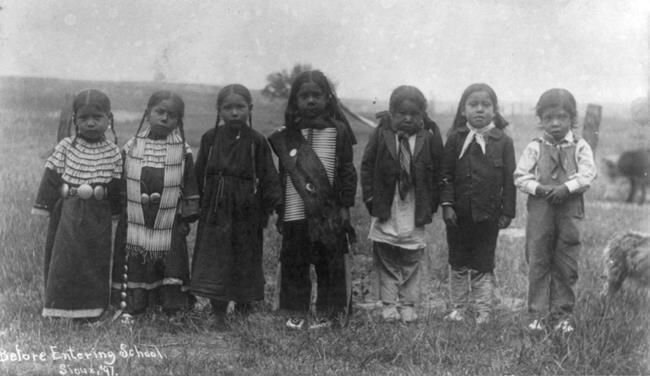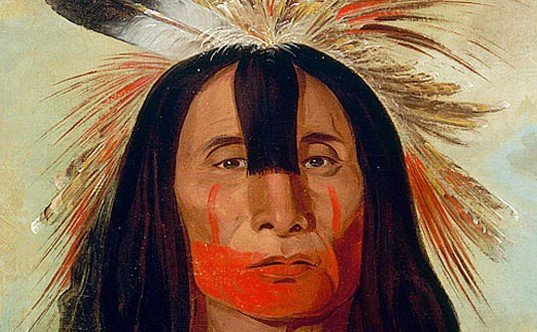The study of Native American Studies offers an expansive and multifaceted view of the history, culture, and political landscapes of Indigenous peoples in North America. This field provides a deep dive into the complex and often tumultuous relationships between Native American communities and the broader American society, spanning from the early 1800s to the late 20th century.

Diverse Perspectives on Native American History
Native American Studies encompasses a wide range of perspectives, including political, religious, legal, medical, commercial, and military viewpoints. The collection provides access to primary source materials that are essential for anyone looking to understand the diverse experiences and challenges faced by Native American communities over the centuries. From the detailed letters of missionaries working in the 19th century to the FBI files on the American Indian Movement (AIM), the field covers the breadth and depth of Native American history.
American Indian Correspondence: A Window into the Past
One key element within Native American Studies is the American Indian Correspondence collection, which contains letters from the Presbyterian Historical Society. These letters, written by missionaries between 1833 and 1893, offer more than just reports on missionary activities. They provide intimate glimpses into the lives, struggles, and cultures of various Native American tribes. The letters discuss tribal factionalism, relations with the U.S. government, and the personal challenges faced by the missionaries. This collection is invaluable for understanding the human aspect of Native American history.
The Merriam Report: A Turning Point in Indian Policy
Another significant component of Native American Studies is the Merriam Report on Indian Administration. This 1928 report was a response to the devastating effects of the Dawes Act, which had led to the loss of nearly half of all Native American lands. The report exposed the severe poverty, disease, and discontent prevalent on reservations and called for immediate policy changes. The Senate hearings that followed, spanning 15 years, are a crucial part of the collection, providing insight into the government’s attempts to address these issues.

The American Indian Movement: A Radical Response to Injustice
The American Indian Movement (AIM), founded in 1968, is another focal point in Native American Studies. AIM began as a local movement in Minnesota but quickly expanded to become a national voice for Native American rights. The FBI files included in this collection provide a detailed account of AIM’s evolution and its role in advocating for social justice. These documents are essential for understanding the radicalization of Native American activism and the broader struggle for civil rights.
Trade and Diplomacy in the Southeastern Borderlands
The Indian Trade in the Southeastern Spanish Borderlands offers a unique perspective on the commercial and diplomatic relationships between Native American tribes and European settlers. The papers of Panton, Leslie & Co., a trading firm active in the Southeast, provide the most comprehensive ethnographic data available for studying the American Indians of this region. The collection includes over 8,000 legal, political, and diplomatic documents, making it an indispensable resource for scholars of Native American Studies.
War Department Correspondence: A Glimpse into Early Indian Affairs

Lastly, Native American Studies also includes the War Department and Indian Affairs collection, covering the years 1800 – 1824. This collection consists of extensive correspondence between the War Department and various stakeholders, including Indian superintendents, military commanders, and missionaries. The documents reveal the complexities of early U.S. Indian policy, including treaties, trade relations, and military engagements. These records are vital for understanding the early interactions between Native American tribes and the U.S. government.
Conclusion: A Rich Tapestry of Native American Studies
The field of Native American Studies provides a robust, diverse, and comprehensive exploration of the history and culture of Indigenous peoples in North America. By integrating a wide array of primary sources, from missionary letters to government reports, the field offers invaluable insights into the lives, struggles, and achievements of Native American communities. Whether you are a student, researcher, or simply interested in the rich tapestry of Native American history, this collection offers a welcoming and authoritative resource for your journey of discovery.